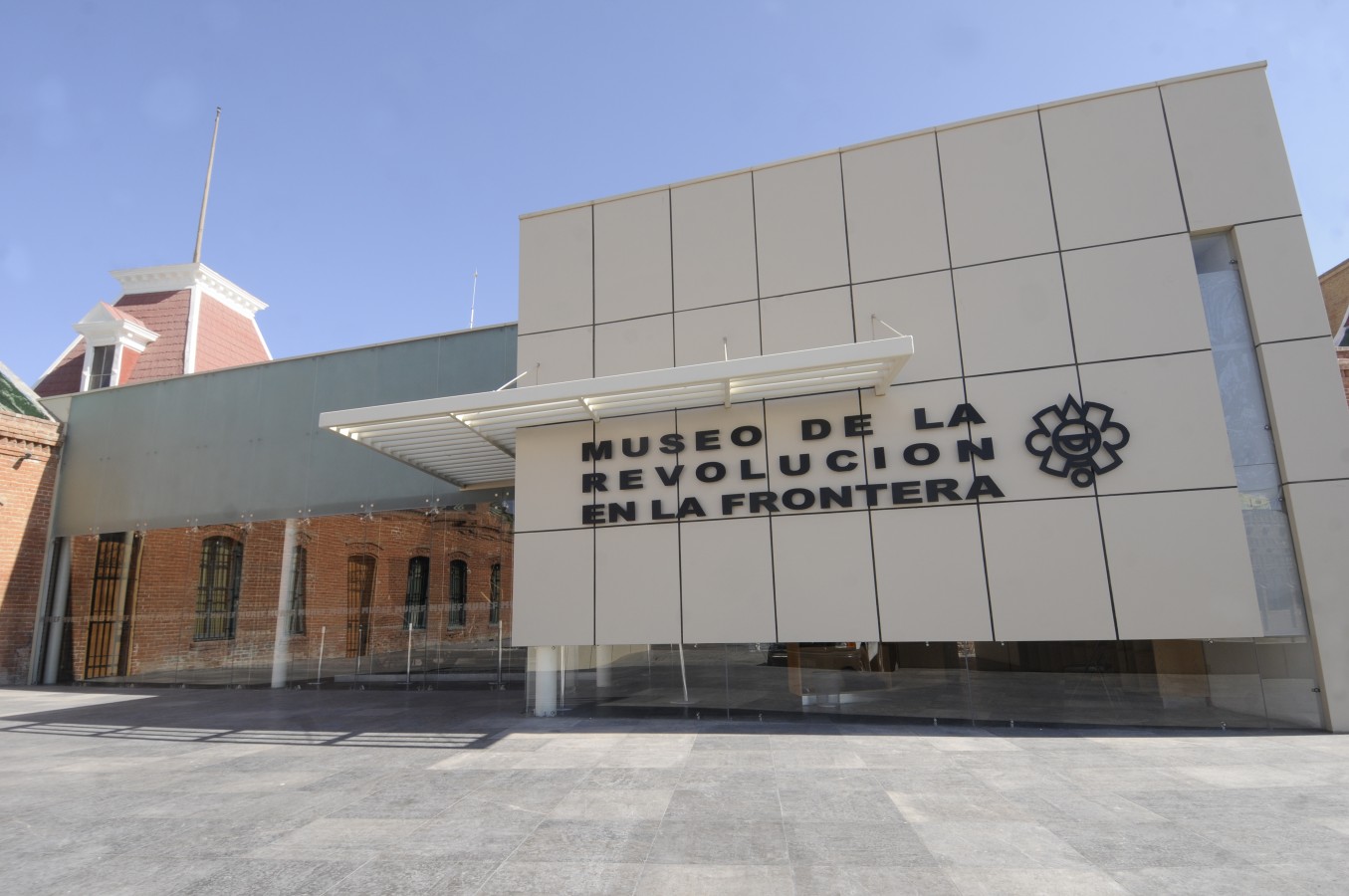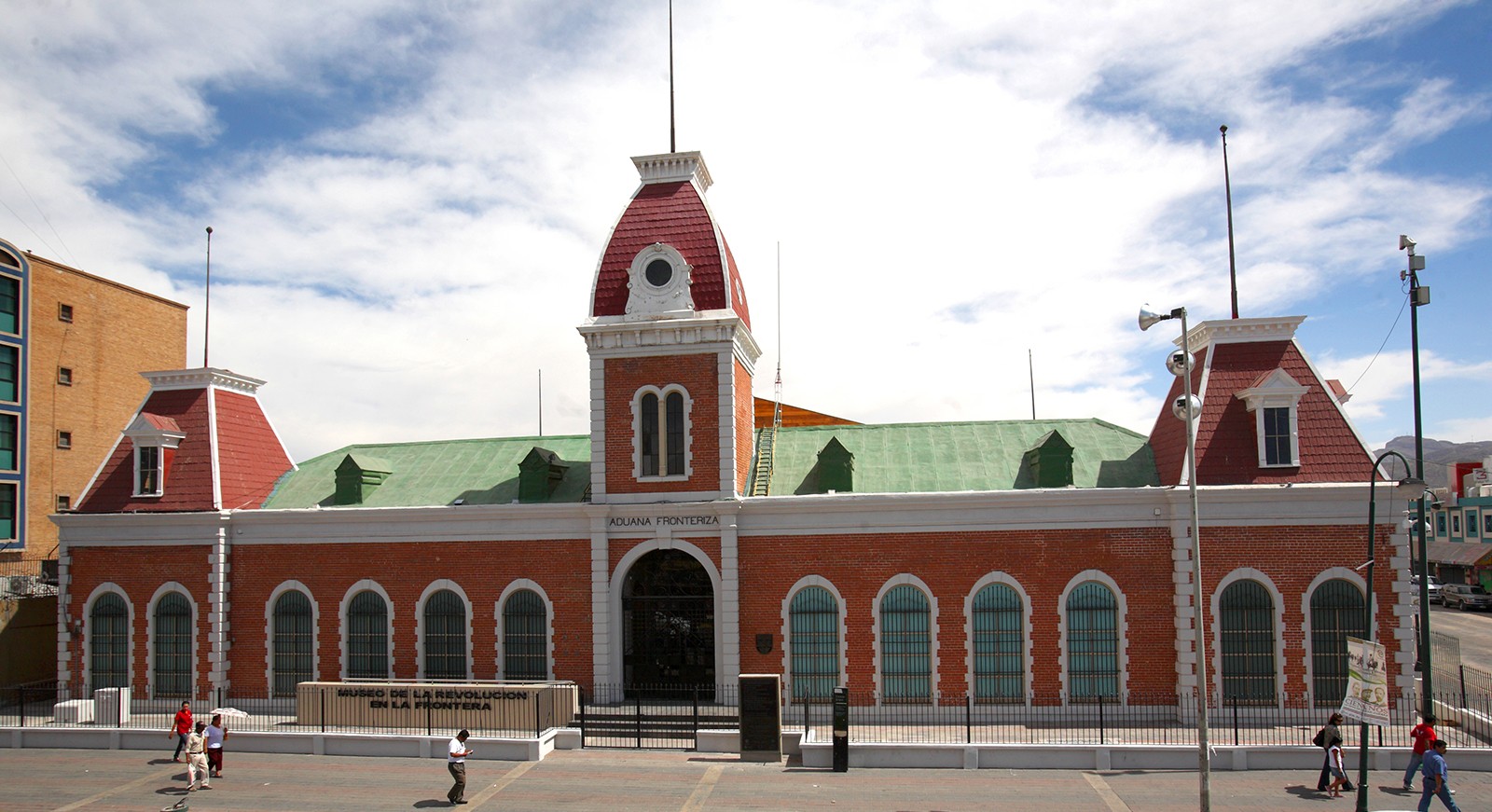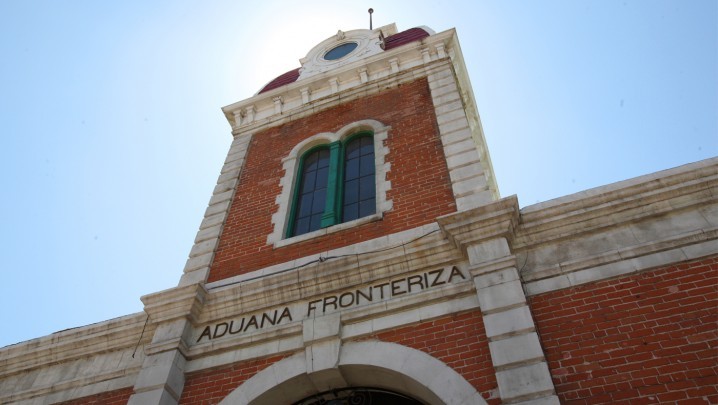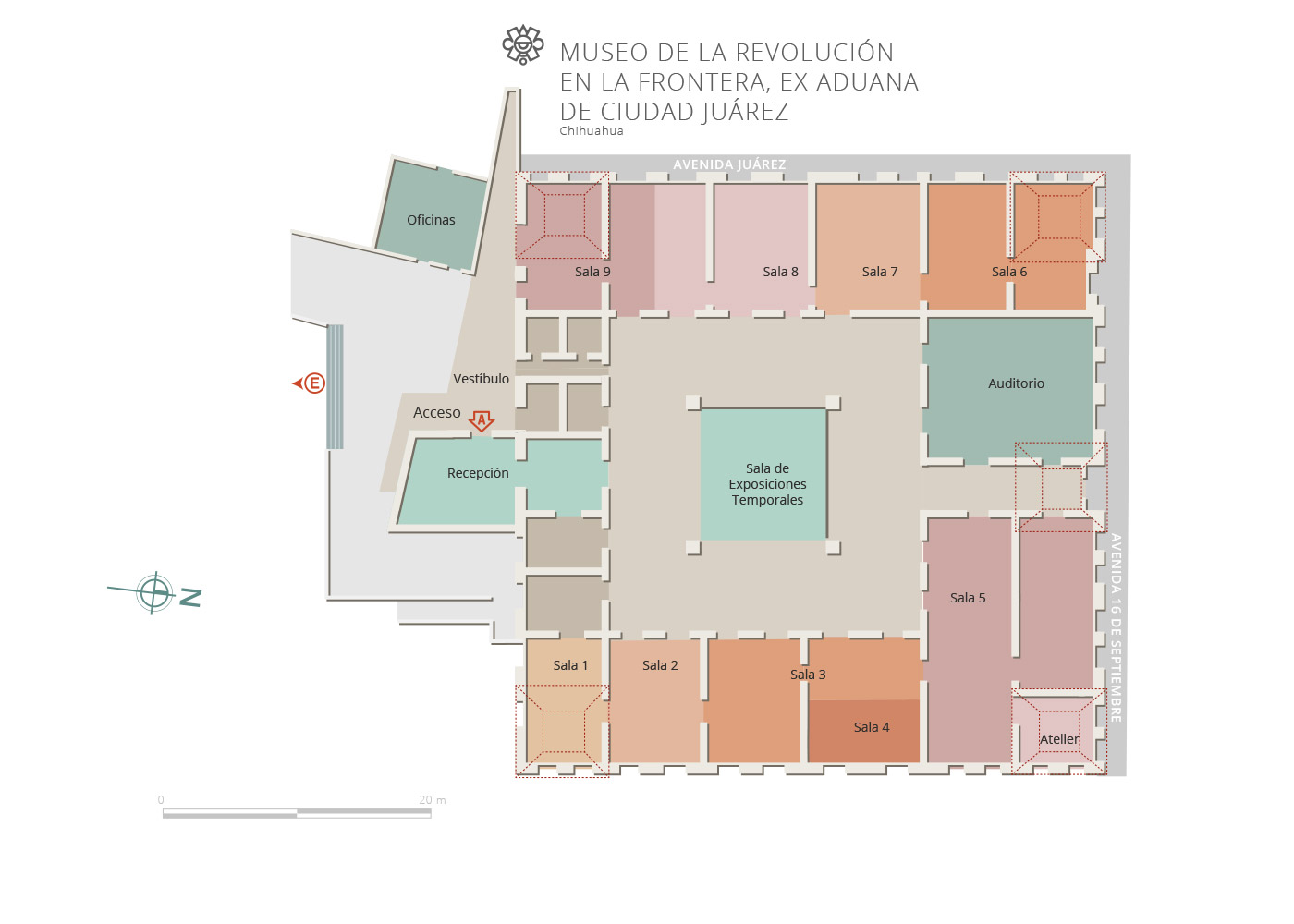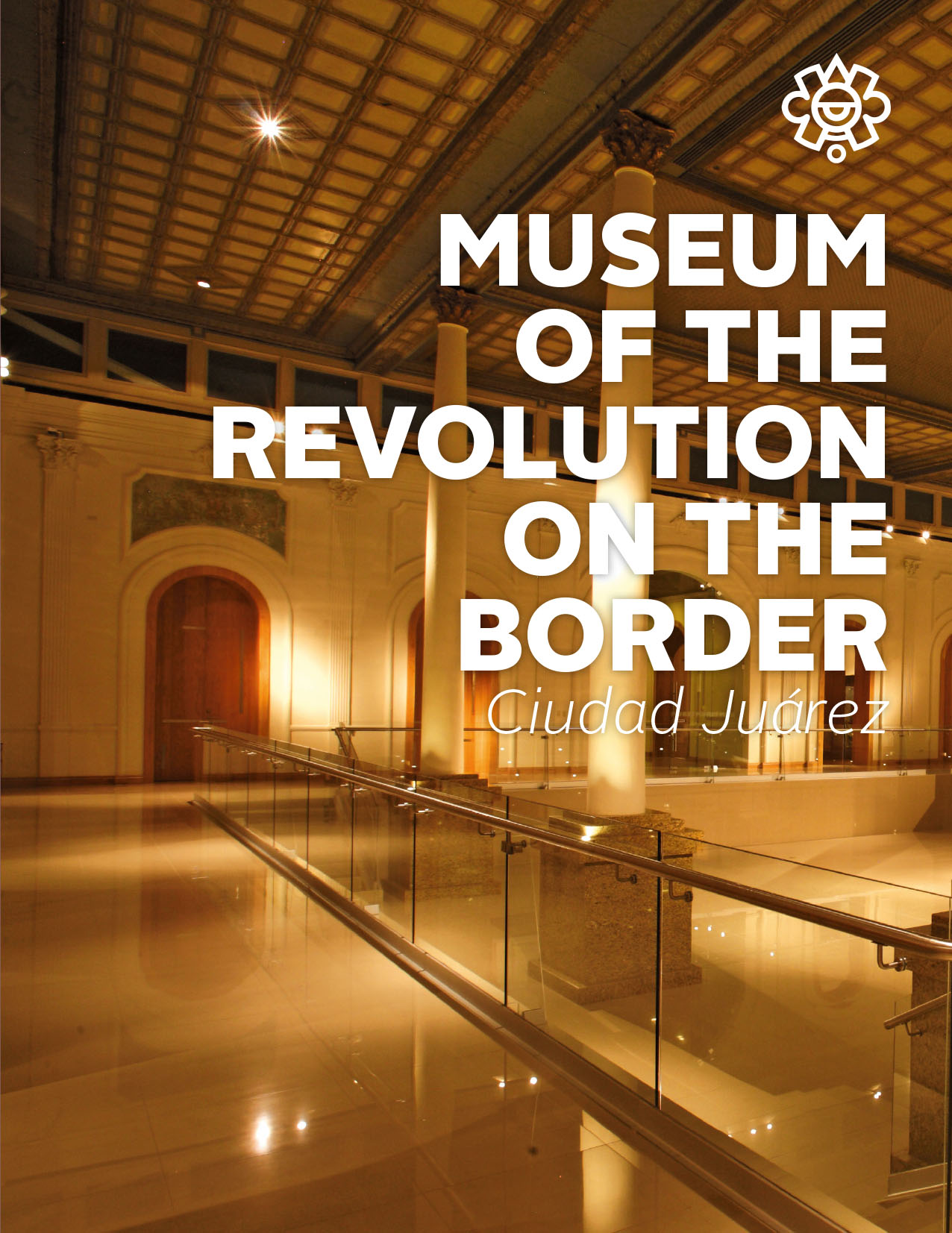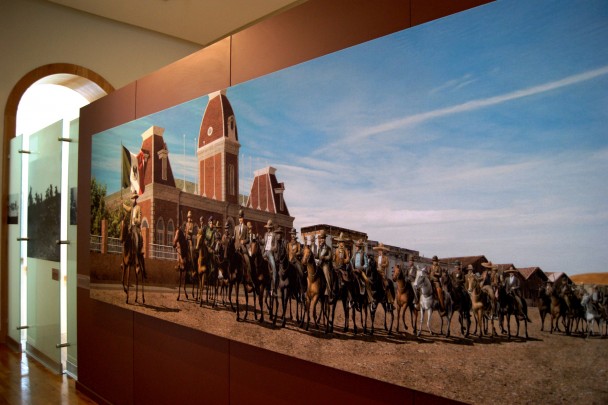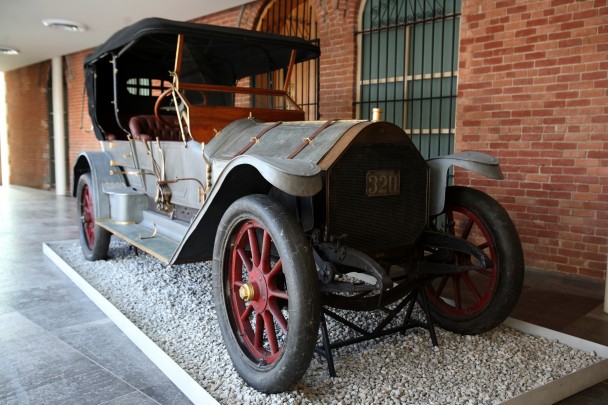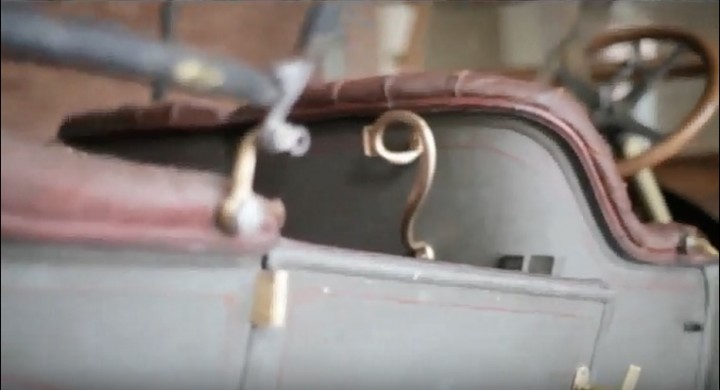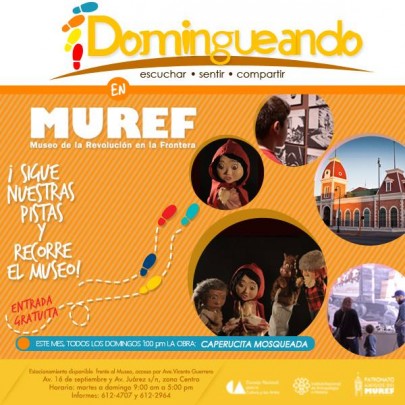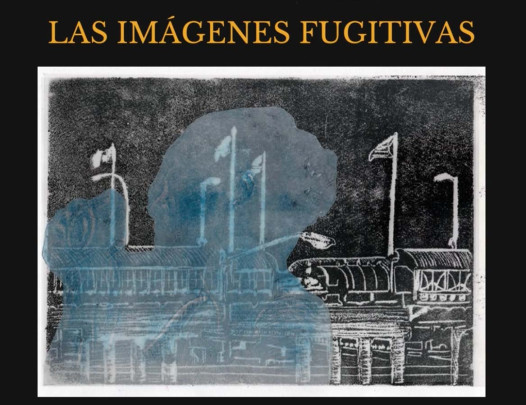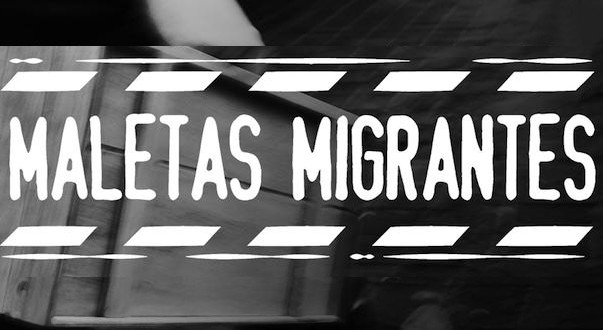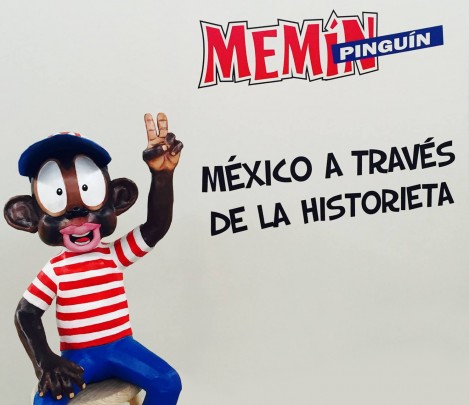There is a building in Ciudad Juárez, known as the former Customs Office, which today houses the Museo de la Revolución en la Frontera (Museum of the Revolution on the Border, MUREF). The building stands between the streets of 16 de Septiembre and Juárez in the center of the metropolis. It represents the border customs, as well as being an icon and the architectural pride of Ciudad Juárez. This historic building—the second most important after the Guadalupe Mission, finished in 1688—was designed by the prestigious architect George E. King in 1887 and built by the engineer Manuel Garfias. It was opened on September 10, 1889.
The building was used for border customs until 1965, when the office was reinstated to the Bridge of the Americas, where it remains. The building which is now home to the MUREF was in disuse and abandoned for twenty years, but in 1985 the Government of the State of Chihuahua and the National Institute of Anthropology and History decided to restore it to set up a museum. A series of renovations were carried out to adapt the old building into the Historic Museum of Ciudad Juárez in 1990. It was finally unveiled on May 20, 2011. The building’s beauty and history make it one of the main attractions of this museum as a leading player in decisive events throughout Mexico’s history: in October 1909, it received the presidents Porfirio Días and William Taft to hold the first official conversation between presidents of Mexico and the United States; in May 1911, after taking Ciudad Juárez, Francisco I. Madero set up his offices there, as headquarters of the temporary presidency of the Republic, according to the San Luis Plan; in 1913 Francisco Villa set up his headquarters there, and in 1924 it once again accommodated the temporary presidency of the revolutionary government of Venustiano Carranza, as stipulated by the Guadalupe Plan.
The MUREF has accumulated a large collection of press and other types of photographs which it displays in part and replaces periodically. Many of them are very rare, and all of them are revealing. They are true historic documents originating from both Mexico and the United States, and many of them show events from the Mexican Revolution. They range from institutional, academic collections (the majority), to individual and even anonymous origins, complemented by numerous newspapers, posters, leaflets, brochures and objects. The exhibition rooms cover the following themes: 1. Mexican nationalism on the border; 2. Organization of the Mexican Liberal Party; 3. The triumph of Maderismo; 4. Radicalization of the struggle; 5. Francisco Villa; 6. The view of the Revolution; 7. The border as a setting; 8. Imaginaries; 9. The border customs post as protagonist and witness.
In this way, the Museum tells the story of Mexico’s history and shows the importance of people represented in the Mexican Revolution in the north of Mexico, as well as ordinary folk who were engaged in the struggle more than anyone. In particular, Francisco I. Madero, Francisco Villa, the followers of both leaders, the photographers of the Revolution and this building are the protagonists of this museum which, through its permanent exhibition rooms, allows both the people of Juárez and visitors from elsewhere to get to know the history of the city and of the whole region. It also helps the people of the north of Mexico to strengthen their roots and identity.
-
+52 (656) 612 29 64
-
This email address is being protected from spambots. You need JavaScript enabled to view it.
-
WWW
-
FACEBOOK

